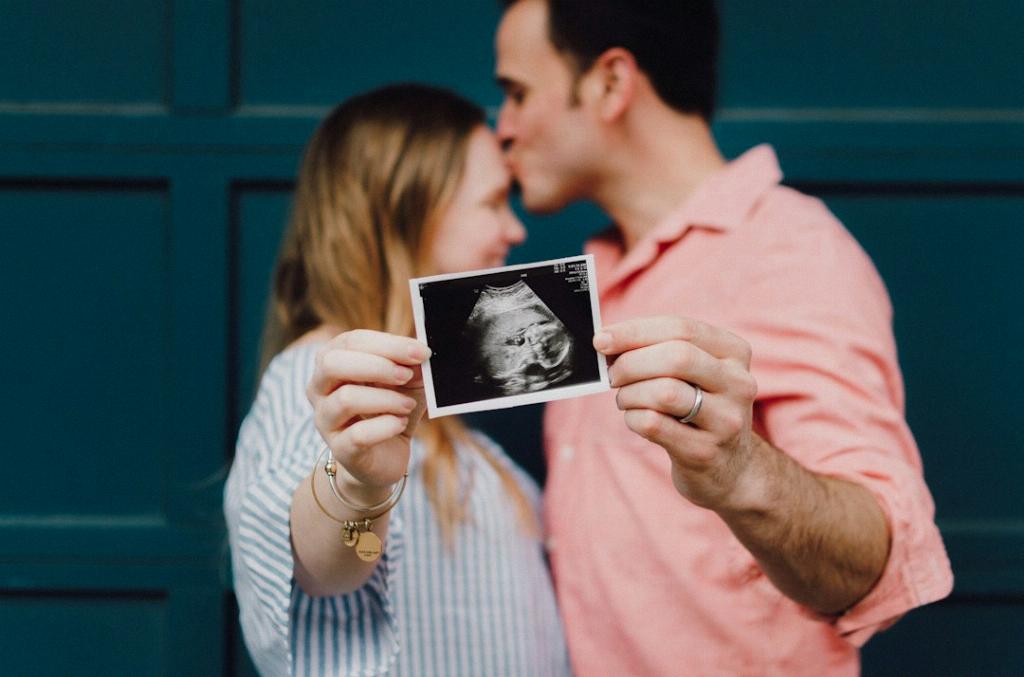Experiencing gastroenteritis during pregnancy can be concerning for expectant mothers, as it not only affects their own well-being but also has potential implications for the developing fetus. At 29 weeks gestation, the impact of gastroenteritis in pregnancy is significant, warranting attention and appropriate care to ensure the health and safety of both the mother and the baby.
When gastroenteritis strikes during pregnancy, it can lead to uterine irritability, a condition where the uterus contracts outside of normal labor. This can be distressing for the mother and may require medical intervention to prevent any adverse effects on the pregnancy. The occurrence of uterine irritability due to gastroenteritis underscores the importance of monitoring symptoms closely and seeking timely medical advice.
While gastroenteritis-induced uterine irritability can be a cause for concern, it’s worth noting that the risk of preterm delivery as a result of gastroenteritis during pregnancy is relatively low. Although threatened labor may occur in some cases, the likelihood of preterm birth is uncommon. However, vigilance and prompt medical assessment are crucial to address any potential complications and ensure the best possible outcome for both mother and baby.
One key aspect to consider when dealing with gastroenteritis in pregnancy is dehydration. The persistent vomiting and diarrhea associated with gastro can lead to fluid loss, putting both the mother and the fetus at risk of dehydration. Proper hydration is essential to prevent potential complications and maintain the overall well-being of both the expectant mother and the developing baby.
Moreover, the impact of gastroenteritis on maternal nutrition cannot be overlooked. The inability to keep food down due to vomiting can result in inadequate nutrient intake, which is vital for the healthy development of the fetus. Nutritional deficiencies can have lasting effects on both the mother’s health and the baby’s growth, underscoring the need for appropriate dietary support and supplementation during and after an episode of gastroenteritis in pregnancy.
In addition to the physical toll that gastroenteritis takes on the expectant mother, the emotional and mental well-being of the pregnant woman must also be considered. Coping with the symptoms of gastro, such as nausea, abdominal pain, and fatigue, can be challenging, especially in the context of pregnancy. Emotional support, understanding, and reassurance from healthcare providers, family, and friends are crucial in helping the expectant mother navigate through this difficult period.
Furthermore, the impact of gastroenteritis on fetal development is a significant concern for pregnant women who experience this condition. The potential stress placed on the fetus due to maternal illness and dehydration underscores the importance of close monitoring and medical intervention to ensure the optimal growth and well-being of the baby. Regular prenatal check-ups and fetal assessments may be recommended to assess the impact of gastroenteritis on the pregnancy.
It is essential for pregnant women to be aware of the signs and symptoms of gastroenteritis and seek medical attention if they experience persistent vomiting, diarrhea, abdominal pain, or fever. Early intervention can help prevent complications and ensure that both the mother and the baby receive the necessary care and support to navigate through this challenging situation.
In conclusion, gastroenteritis during pregnancy can have implications for both the mother and the fetus, underscoring the importance of timely medical intervention, close monitoring, and supportive care. By prioritizing hydration, nutrition, emotional well-being, and fetal development, pregnant women can address the challenges posed by gastroenteritis and work towards a healthy pregnancy outcome.

